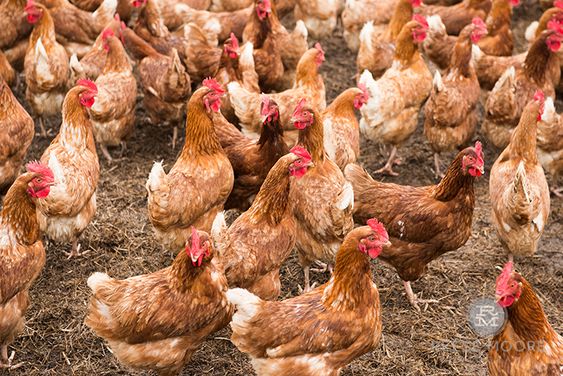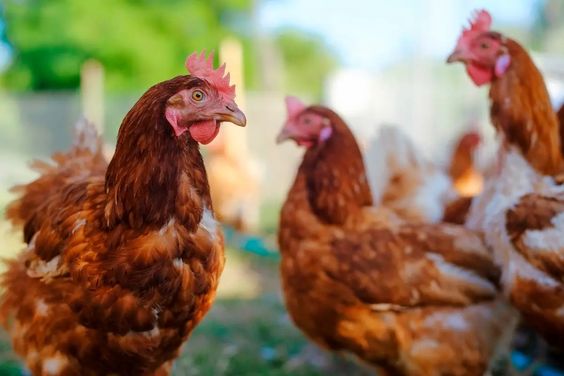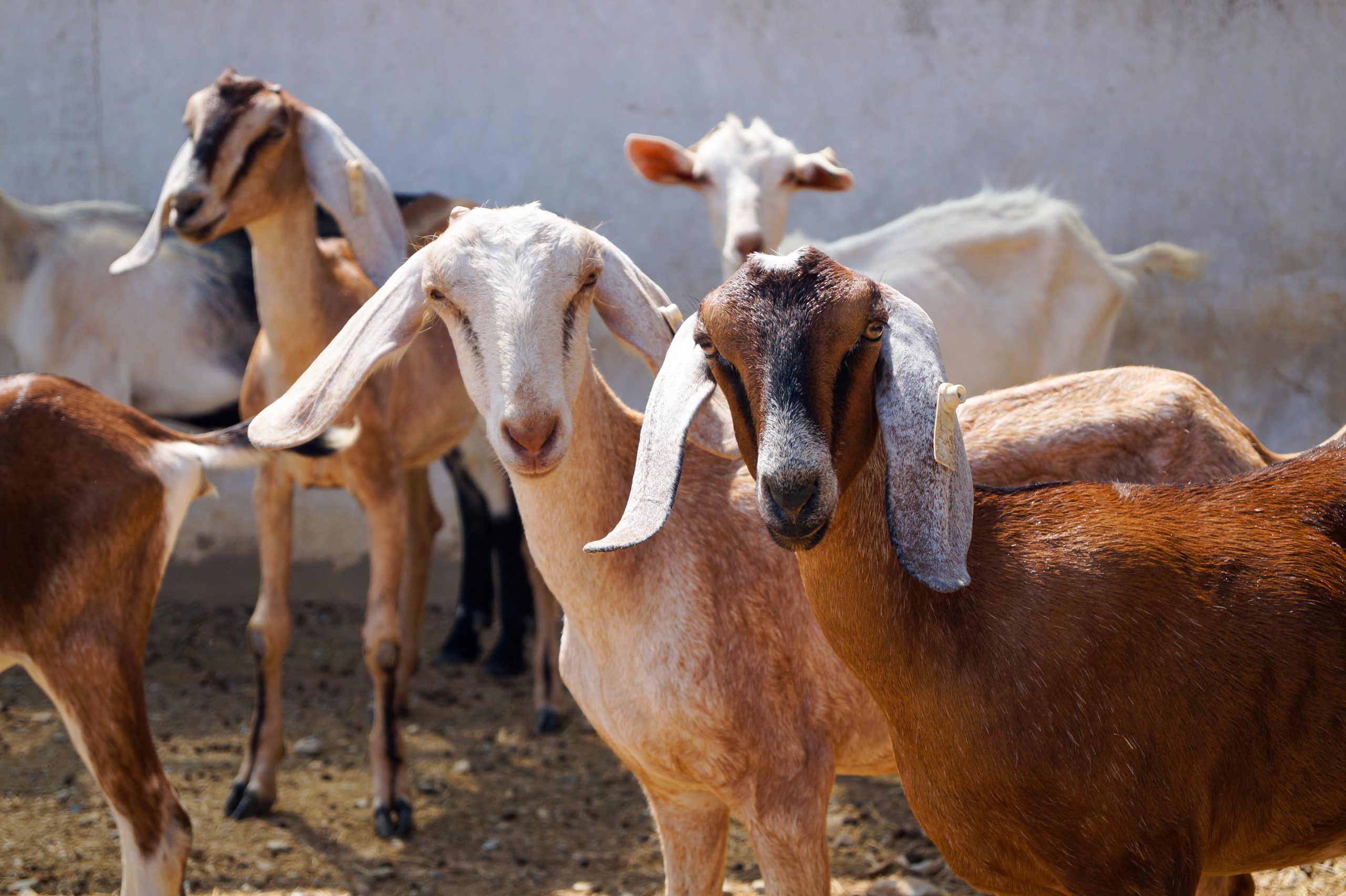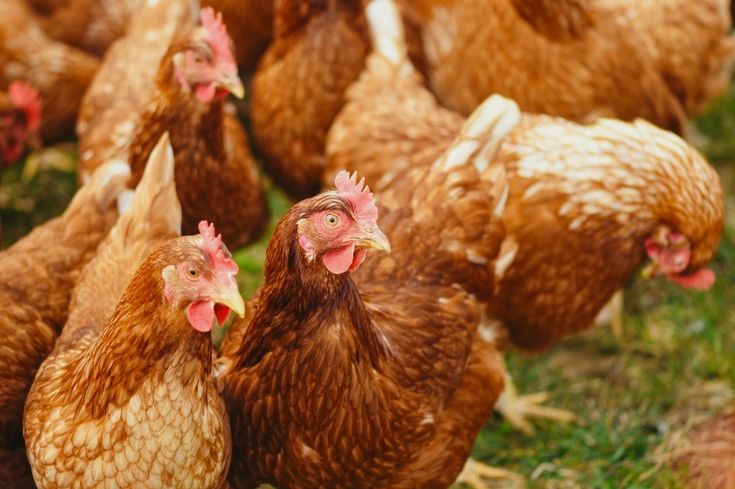Chicken Farming Market: the best chicken farming market
Chicken Farming Market is a cornerstone of the global agricultural industry, providing a vital source of protein for billions of people. This market encompasses two primary sectors: meat production (broilers) and egg production (layers). Let’s delve into the key aspects of this dynamic market.
Market Size and Growth:
The chicken farming market is a massive and ever-expanding sector. According to data consultants from Data Consult, global chicken meat production is projected to reach a staggering 138 million metric tons by 2024. This growth is fueled by several factors, including:
- Rising Protein Demand: As the global population increases, so does the demand for affordable protein sources. Chicken offers a cost-effective and versatile option compared to other meats.
- Urbanization and Busy Lifestyles: Urbanization trends lead to a preference for convenient protein sources. Chicken’s ease of preparation and affordability make it ideal for busy lifestyles.
- Developing Economies: The growing middle class in developing nations is driving demand for protein-rich foods, including chicken.
Market Segmentation:
The chicken farming market can be segmented based on various factors:
- Production Type: This includes conventional, organic, free-range, and antibiotic-free chicken farming. The demand for ethically raised and higher-welfare chicken products is on the rise.
- Distribution Channels: Chicken reaches consumers through various channels, including supermarkets, traditional wet markets, restaurants, and direct-to-consumer sales.
- Product Types: The market offers whole chickens, cuts like breasts and wings, and processed products like nuggets and sausages.
The chicken farming market is dominated by large-scale, integrated producers. These companies control various aspects of the supply chain, from raising chickens to processing and distribution.
Chicken Farming Market Trends and Challenges:
Several key trends are shaping the future of the chicken farming market:
- Sustainability: Consumers are increasingly concerned about the environmental impact of food production. This is driving demand for sustainable practices in chicken farming, such as reducing waste and antibiotic use.
- Animal Welfare: Concerns about animal welfare are prompting regulations and consumer pressure for improved housing and handling of chickens.
- Technological Advancements: Technological advancements like automation and precision feeding are improving efficiency and productivity in chicken farming.
- Disease outbreaks: Disease outbreaks like avian influenza can disrupt the market and raise concerns about food safety.
Challenges faced by the Chicken Farming Market include:
- Volatile Feed Prices: The cost of feed is a significant expense for chicken farmers. Fluctuations in grain prices can impact profitability.
- Competition: The market is highly competitive, with producers vying for market share. This can put pressure on prices and profit margins.
- Regulations: Government regulations on animal welfare, food safety, and environmental impact can add costs and complexity to chicken farming operations.
The Future of Chicken Farming Market:
The chicken farming market is expected to continue growing in the coming years. However, the market will likely see a shift towards more sustainable and ethical production practices. Here are some potential future developments:
- Continued Growth in Demand: The global demand for chicken is projected to keep rising, driven by population growth and urbanization.
- Emphasis on Sustainability: Sustainable practices like reduced water usage, responsible waste management, and antibiotic-free production will gain importance.
- Focus on Animal Welfare: Animal welfare concerns will continue to influence consumer choices and drive regulations towards improved chicken housing and treatment.
- Evolving Consumer Preferences: Consumers may be willing to pay a premium for ethically raised, organic, or locally sourced chicken.
- Technological Innovation: Advancements in automation, artificial intelligence, and breeding technologies will further improve efficiency and potentially address sustainability concerns.
Conclusion Chicken Farming Market:
The chicken farming market plays a crucial role in global food security. As the market evolves, producers must adapt to changing consumer preferences, embrace sustainable practices, and address animal welfare concerns to ensure a successful future for this vital industry.






